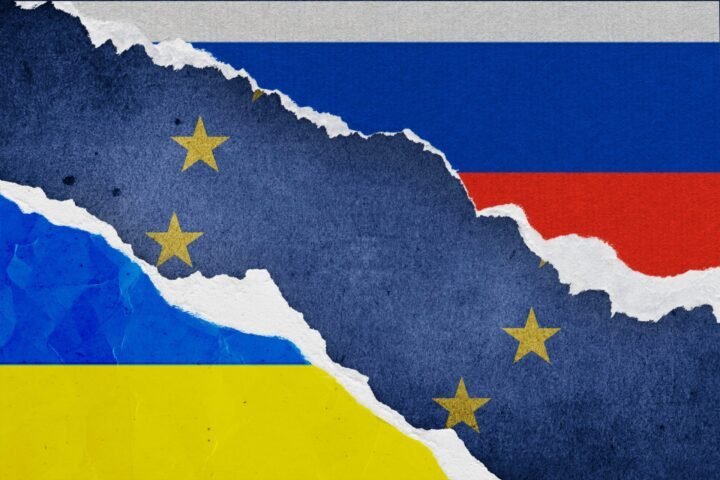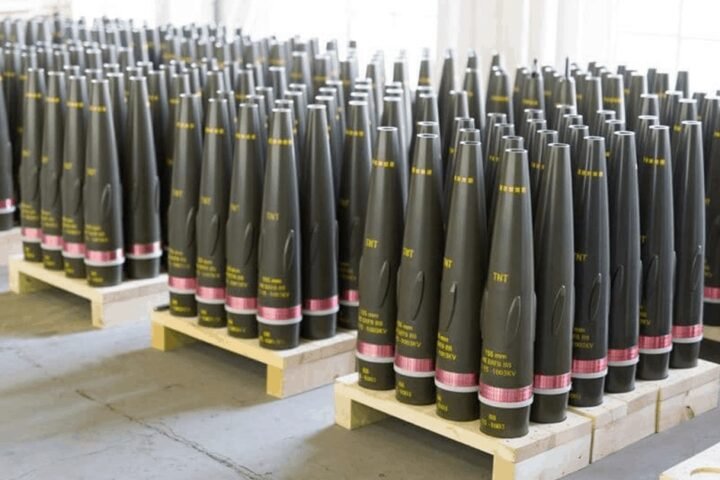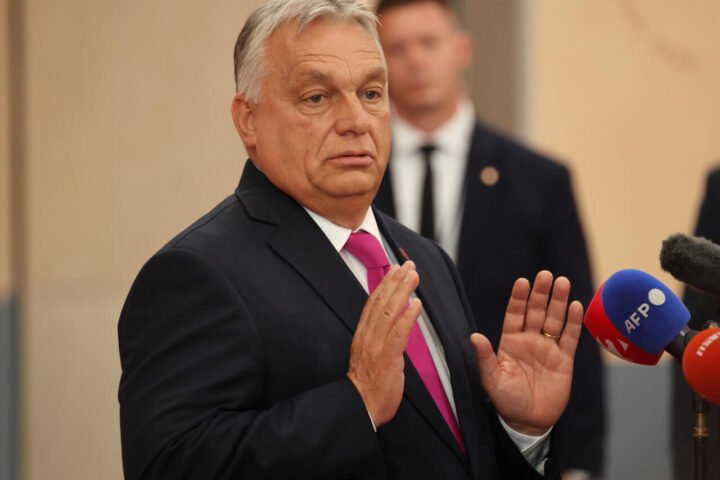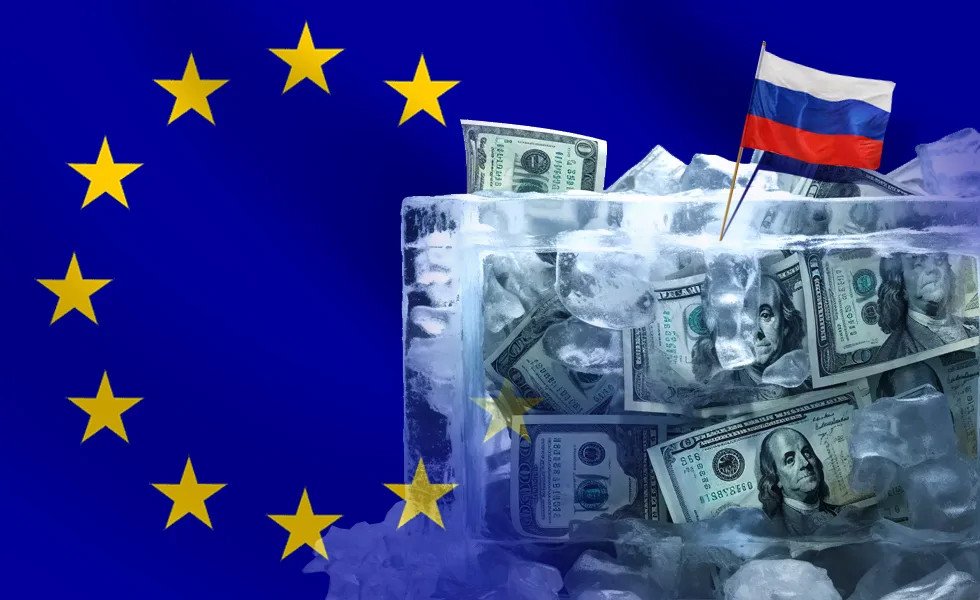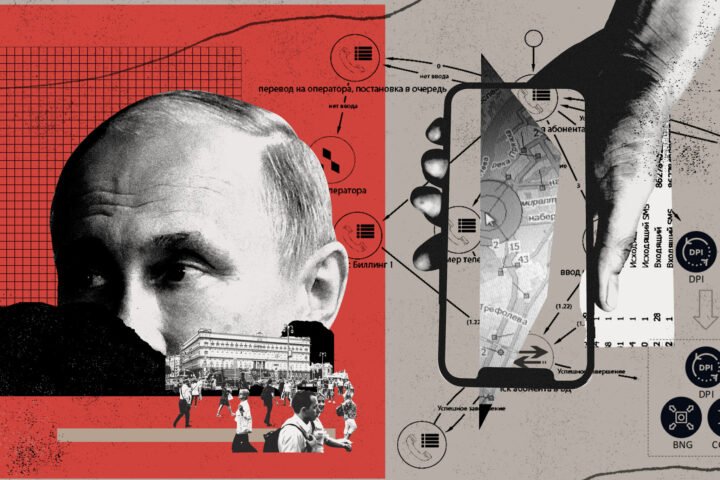Hungary’s domestic political tensions escalated sharply this week, with Prime Minister Viktor Orban under increasing fire from both the opposition and international observers amid a deteriorating economic outlook. As the country grapples with recession, inflation and frozen EU funds, Orban’s foreign policy stance — particularly on Ukraine — has become a lightning rod in national debate.
On July 25, Orban took to X to declare that Hungary seeks a strategic partnership with Ukraine based on pragmatism and mutual interest, rejecting what he called the “irreversible integration” of Kyiv into the European Union. “Ukraine’s EU membership would bring the war into the heart of Europe,” he warned, adding that such decisions should not be driven by “theatrical threats” but by sober judgement.
Opposition leader slams Orban’s rhetoric, calls for active diplomacy
The post triggered an immediate rebuke from Péter Magyar, leader of the rising opposition party Tisza, who accused Orban of fearmongering and political blackmail. In a strongly worded public event timed to counter the government’s nationalist Tusványos festival, Magyar dismissed Orban as a “knife-wielding extortionist” and said Hungary had a duty to do more to stop the war in Ukraine.
“It is Russia that bears responsibility for the war,” Magyar said, arguing that Budapest should be actively engaging in diplomacy instead of merely “posting threats and scaring people with escalation.” He stressed that if Washington helped broker a peace plan acceptable to Kyiv, Orban should personally engage with the Kremlin to help push it forward.
Magyar, whose party is expected to challenge Fidesz in the 2026 elections, vowed to reshape Hungary’s foreign policy. He promised that a future Tisza-led government would pursue friendly ties with all neighbours in the Carpathian Basin and become a “reliable EU and NATO ally,” explicitly rejecting Orban’s habitual vetoes and obstructionist tactics in Brussels.
Mounting economic pain challenges Orban’s grip
Orban’s political standing is increasingly tested by economic headwinds. On July 25, the Financial Times published an in-depth feature titled “Could Hungary’s fragile economy bring down Viktor Orban?”, highlighting the structural weaknesses plaguing the country. Hungary’s public debt servicing costs now consume about 5% of GDP — the highest in the EU. Inflation remains among the worst in the bloc, with food and housing costs spiralling, hitting Orban’s traditional base of support hardest.
Soaring energy prices, triggered by Russia’s war in Ukraine and global interest rate hikes, have also exposed Budapest’s overreliance on Russian fossil fuel imports. While other EU members moved to diversify, Hungary chose the path of least resistance, further entrenching its energy dependency — a decision that has magnified inflationary pressure.
Adding to the strain, Brussels has frozen over €6.3 billion in EU funding, citing systemic corruption, rule-of-law violations, and democratic backsliding. Without access to these resources, Hungary’s room to manoeuvre on investment and social spending has narrowed considerably, worsening the outlook for growth.
Recession bites as EU tensions isolate Budapest
The economy formally entered a technical recession in late 2024, with GDP contracting by 0.7% in Q3. In 2025, the budget deficit is expected to exceed 2.9 trillion forints ($8 billion), while real wages continue to fall. Investor confidence has also deteriorated, further undermined by Hungary’s increasingly confrontational posture toward EU institutions.
While the Orban government has courted Chinese investment — particularly in battery production — sluggish demand and export challenges to Western Europe have blunted those efforts. The once-promising sector is now contributing to the broader economic slowdown rather than offsetting it.
Orban’s threats to quit the EU and his efforts to block joint European budgets and Ukraine assistance programs have only deepened Hungary’s isolation. For many, the question is no longer whether Hungary can withstand the economic storm, but whether Orban can retain his grip on power as conditions worsen.


